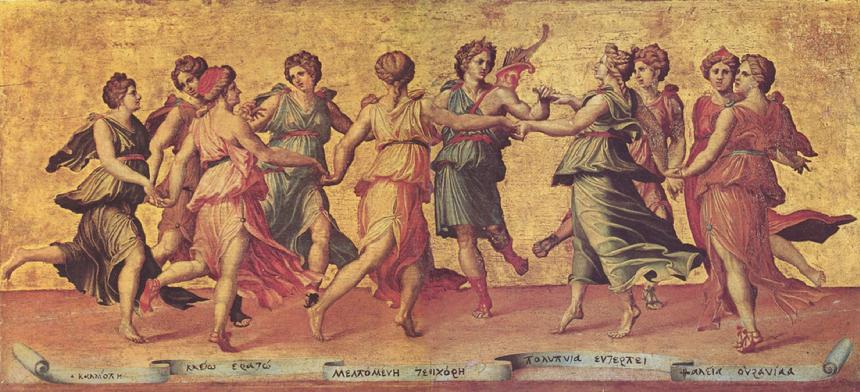This month’s story from my video readalouds is a tale that honors—WISDOM.
The Name of the Tree is a Bantu folktale, retold by Celia Barker Lottridge and illustrated by Ian Wallace.
 What is Wisdom?
What is Wisdom?
According to the Collins English dictionary – “the ability to think and act utilizing knowledge, experience, understanding, common sense and insight.”
But I prefer another definition that I stumbled upon many years ago (source unknown)
“Wisdom is experience reflected upon.”
I like this version because it highlights the connection between experience and reflection. While it is true that most of us do relegate wisdom to the domain of the elderly, we can all probably point to notable exceptions: the eight year old child who grows up with a single mother afflicted with diabetes, possesses a wisdom far beyond her years, or the eighty year old cantankerous great aunt in the nursing home, who for whatever reason has never matured beyond the mental age of 14.
So, wisdom is not just something that we acquire simply by living a long life, but rather something we earn through experience and deep reflection.
It’s interesting that in the Old Testament, Book of Wisdom, we see Wisdom personified as a Woman. In many of the Celtic stories that I read to children at school, the “wise” character is almost always a WOMAN.
In Catkin a young couple seek advice from the Wise Woman in the village.
In The Witches and the Singing Mice, the townsfolk go to Granny Pine, who comes to their aid with he basket of potions
and herbs.
And in Fair, Brown and Trembling (an Irish version of Cinderella), the "fairy godmother” is portrayed as a “Hen Wife."
And in Fair, Brown and Trembling (an Irish version of Cinderella), the "fairy godmother” is portrayed as a “Hen Wife."
And of course, all the nine Muses from Greek mythology are female.
How to explain such thinking?
Perhaps it is not so much that all women are wise, and all men are foolish (although, I have to admit, there are times when I am tempted to succumb to such a conclusion), but rather, the qualities we associate with women (or used to) - gentleness, kindness, submissiveness, maternal affection and nurturing, are the very qualities needed to acquire wisdom. And so, when males do tap into such qualities, we say that they are tapping into their “feminine” side – counter cultural in our present society that seems to reward and honor the more masculine traits of dominance, power, control and force.
Some of my favorite words of wisdom to ponder this week -
"As a compass needle points north, so a man's accusing finger always finds a woman." (or as I like to tease my husband, one could substitute wife for woman!)
Khaled Hosseini - A Thousand Splendid Suns
"The unexamined life is not worth living." Socrates
"There is nothing so strong as gentleness and nothing so gentle as real strength." Francis de Sales (patron saint of writers)
"What we teach a child to love is more important than what we teach a child to learn." (so true, especially in the realm of children's literature, for when we teach children to love goodness, truth, beauty, and wisdom (the stuff of all good stories), then they will naturally be drawn into learning how to read and write!









No comments:
Post a Comment